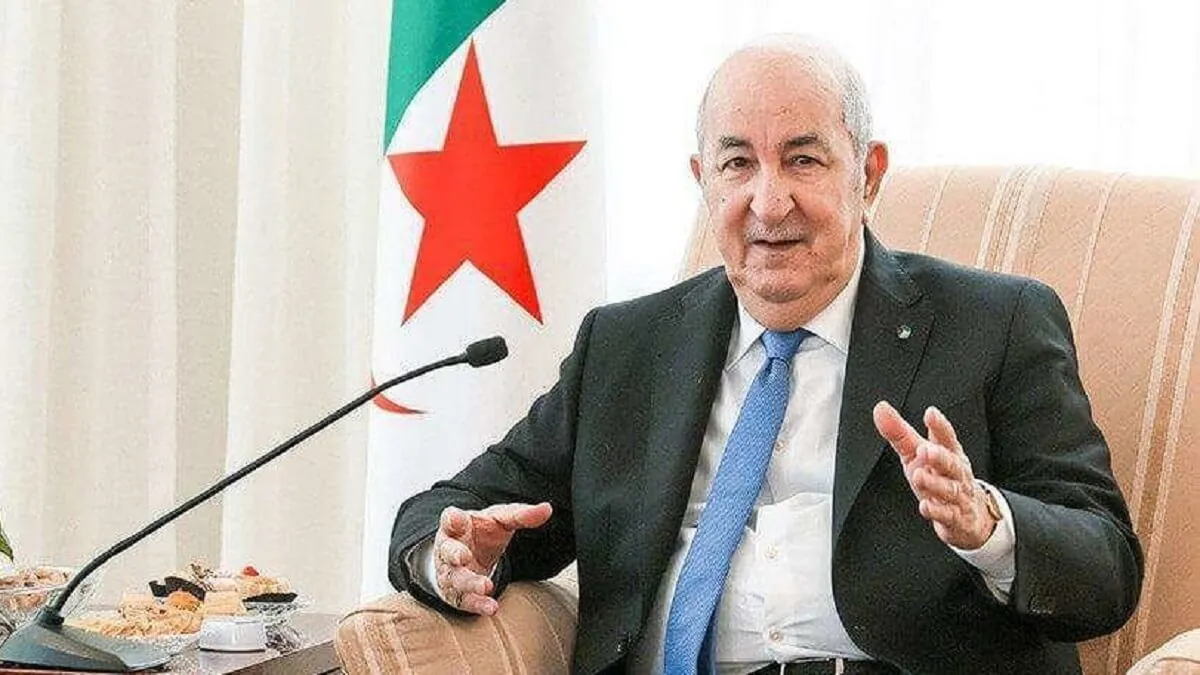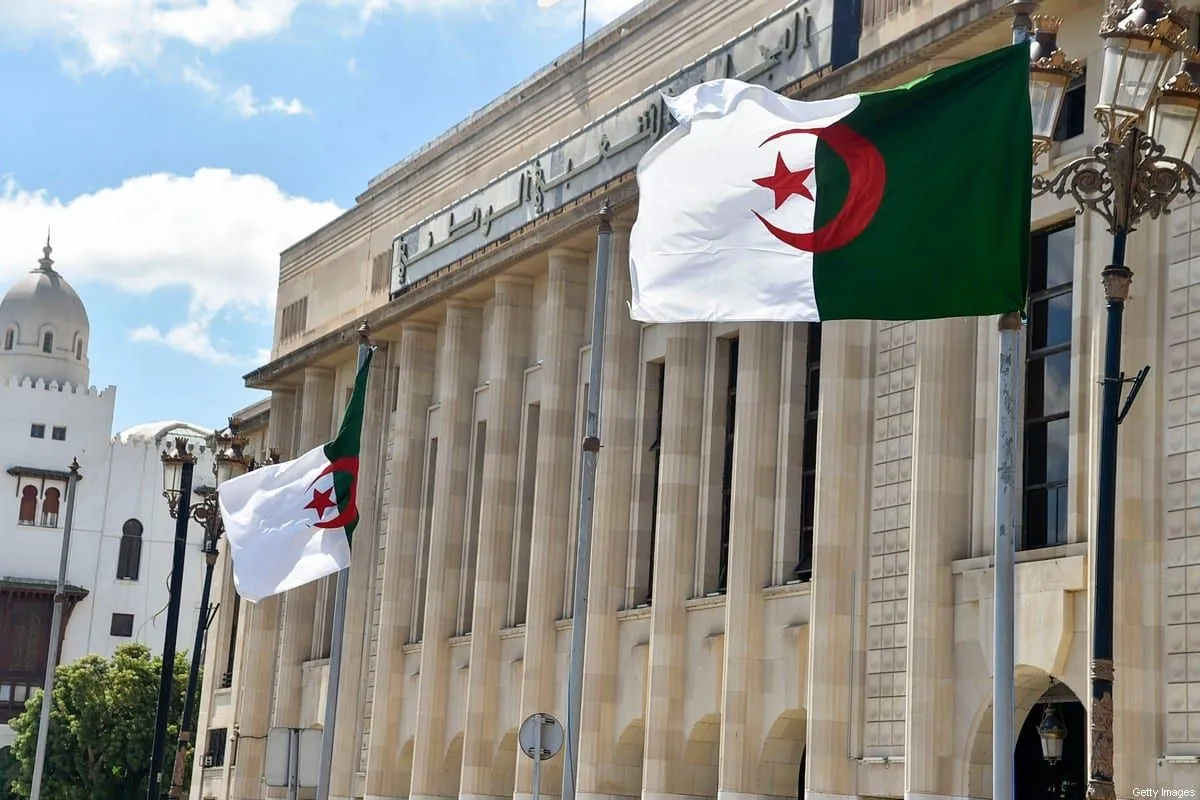Algeria's Tebboune Secures Second Term with 84% of Vote
Algeria's constitutional court confirms President Tebboune's re-election with 84.30% of votes. The September 7 election saw a 46.10% turnout amid allegations of irregularities.

One year ago, on September 16, 2023, Algeria's constitutional court officially confirmed the re-election of President Abdelmadjid Tebboune for a second term. The election, held on September 7, 2023, resulted in Tebboune securing 84.30% of the votes, with a voter turnout of 46.10%.
Algeria, the largest country in Africa by land area, has a population exceeding 44 million as of 2023. The nation's political system, a semi-presidential republic, has faced challenges in recent years, including the Hirak movement protests calling for political reforms.
The election featured minimal opposition, with Tebboune facing two establishment-backed candidates. Abdelaali Hassani Cherif, a moderate Islamist, received 9.56% of the votes, while Youcef Aouchiche, a moderate secularist, garnered 6.14%. Cherif's campaign had previously raised concerns about potential irregularities in the vote count.

Algeria, which gained independence from France in 1962 after a prolonged conflict, has been working to diversify its economy beyond its reliance on hydrocarbons. As a major oil and gas exporter and OPEC member, the country derives approximately 95% of its export earnings from this sector.
The nation boasts a diverse landscape, including a 1,600-kilometer Mediterranean coastline, the Sahara Desert, and the Atlas Mountains. Its rich history reflects influences from various civilizations, including Phoenicians, Romans, Vandals, Byzantines, Arabs, and French.
While Arabic is the official language, Berber is also recognized nationally. The country's literacy rate stands at about 81% as of 2023, and its capital, Algiers, serves as the largest city.
As Algeria moves forward under Tebboune's leadership, it continues to face challenges in political stability and economic diversification. The nation's future trajectory will likely be shaped by its ability to address these issues while leveraging its natural resources and strategic location in North Africa.


































